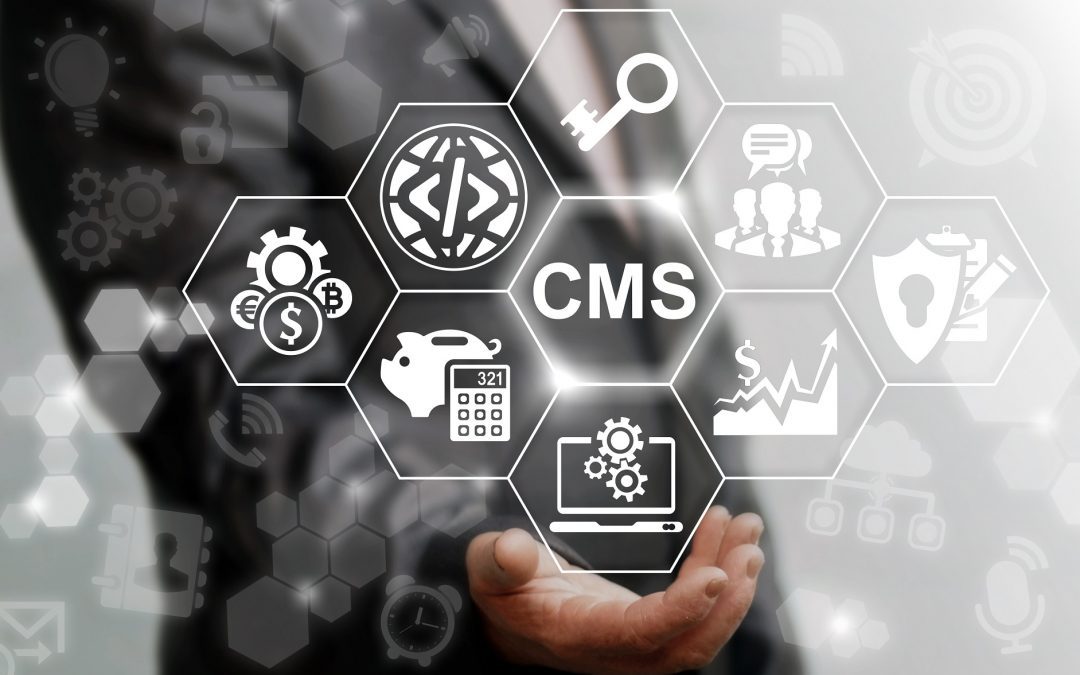The popular phrase “content is king” couldn’t be more true. The content on your enterprise website defines your brand. To this end, it is always advisable to invest in quality content that meets your audience’s expectations. This entails investing in an equally high-quality Content Management System (CMS) that satisfies your needs and sets your content apart from the competition.
Must-have CMS Features for Every Enterprise Website
A CMS is as good as the features it offers. Here is an overview of six crucial CMS features that will help any enterprise website succeed:
1. Scalability
Expectedly, growing and expanding your brand are among your business’s main goals. If so, it is important to ensure that everything about your enterprise website is scalable, especially the CMS. You will need a greater volume of content in various types as your business grows, and a CMS that isn’t scalable will only hold you back. As such, scalability should be one of the main CMS features to consider.
2. Integration
A CMS is only one of many tools you need to properly manage and run an enterprise website. Some of the other basic tools needed include:
- Marketing tools
- Analytical tools
- Mobile applications
- Social media connectors
Most of these tools work together to complement each other’s functionalities, and they rely on the CMS to make it all happen. As such, it is important to ensure that the CMS integrates with such tools – it is also worth noting that some CMS provide some of these additional tools.
3. Smooth Content Creation Workflows
The main purpose of a CMS is to make it easier to manage content on your website. This is especially important if you have different people working with the CMS.
As such, it is vital to ensure that your chosen CMS offers an easy-to-use content publishing and management workflow system. Ideally, the workflow system should enable anyone working with the CMS to monitor the content’s progress through each step, from creation to publication and promotion.
4. Role-Based Administration
As explained earlier, enterprise websites often require teams of several people working with the same CMS. However, it isn’t prudent to grant everyone unlimited access to the CMS and the content therein. As such, it is advisable to ensure that your chosen CMS supports role-based administration, whereby different users’ access and abilities can be reduced or increased as needed.
5. Online Marketing Tools
Good content is useless if no one sees it. To this end, content and marketing are intimately intertwined, as the latter enables you to bring your content to your audience. Interestingly, good quality content also boosts your marketing efforts by netting you a loyal audience and loyal customers. To this end, most of the best CMS systems also offer access to complementary marketing tools and other plugins.
6. Impenetrable Security & Reliability
The internet is full of opportunities for enterprise websites, and the e-commerce industry is growing quickly and steadily. However, hackers have taken note and are ramping up their attacks. Small business websites are easy targets because most of them don’t employ reliable and up-to-date cybersecurity solutions. Unfortunately, the effects are devastating for small businesses as a cyberattack incident can incur more than $25,000 in losses.
Additionally, lack of reliability is just as much of a threat as a cyberattack – the average small business incurs about $400 in losses per minute of downtime. As such, it is important to ensure that your chosen CMS is reliable and has a stellar reputation.
Conclusion
It is imperative that your organization gets a content management system that offers all the CMS features your website needs to thrive. Webhead offers a CMS that will fulfill all your needs, including improving end-users’ experience and boosting your business’s growth. Get in touch to learn more about what our CMS has to offer.

